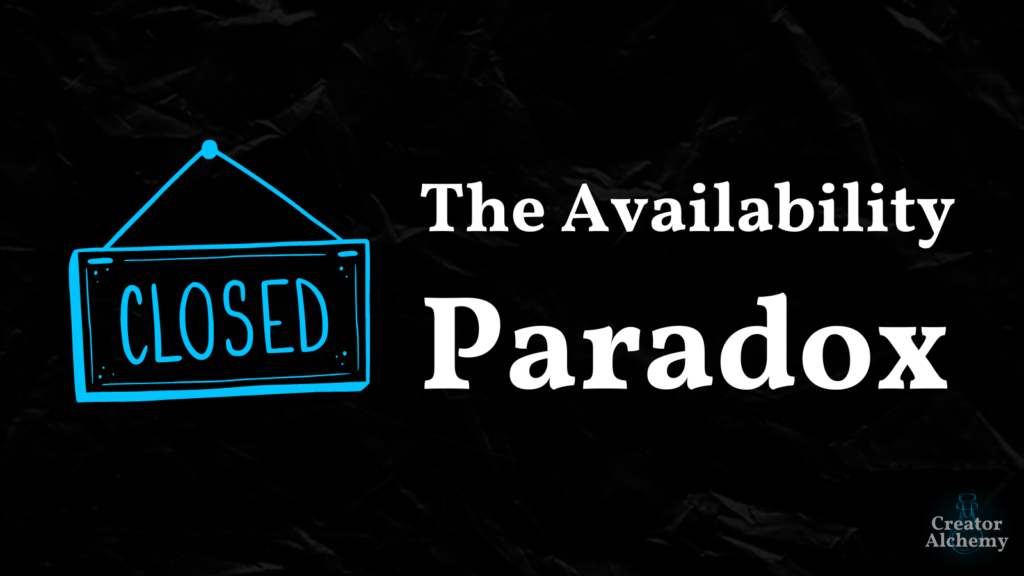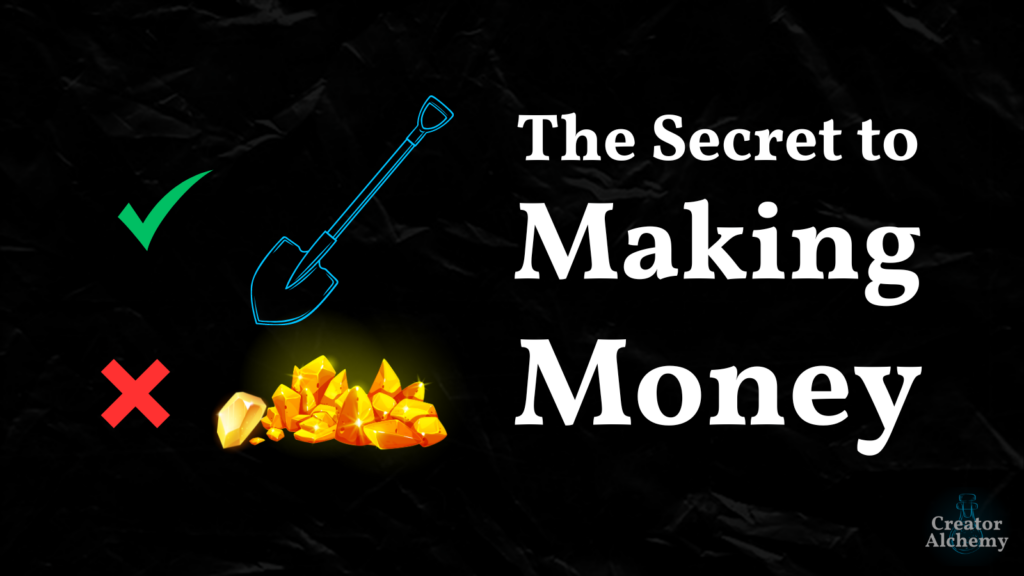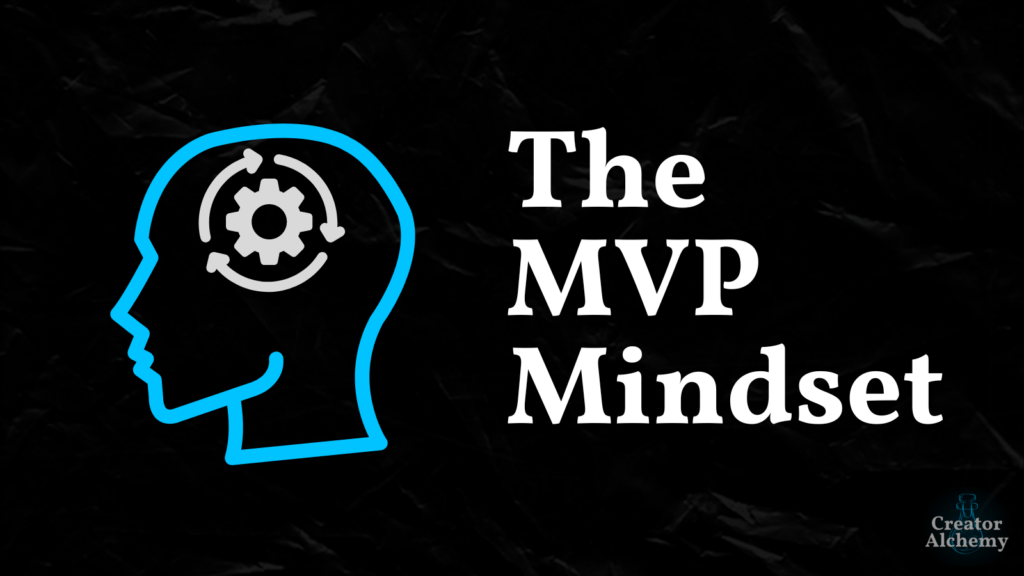“In life, you get what you tolerate.”
— Mike Ditka
I love this quote because there are so many layers to it, and so many ways you can apply it to life.
Here’s how I’m currently rephrasing it:
“What you accept, you become. What you reject, you avoid.”
Though I’m sure my fellow psychologists will disagree with this interpretation, especially the Freudians.
There’s always more we could do than we have done, which is the source of so many creators’ existential angst.
But there’s another layer to this…
You’ll never be able to do everything you’re capable of doing.
It’s a cold hard fact of life:
We will all die with unfinished work, unaccomplished goals, and unfulfilled desires.
So a life well-lived, the way we arrive at our deathbed without being full of regret, is to prioritize what is worthwhile by doing one thing:
Defining what is unacceptable.
Of all the goals you want to achieve, which ones are unacceptable to have not achieved at the end of your life?
Two of my grandparents never read any of my writing because I didn’t start writing until after they died. That’s unacceptable, but unchangeable since I can’t time travel.
I have a shit-ton of lofty goals to achieve throughout my life. I’m 34 and in reasonably good health, so if I live to the average life expectancy of around 80 years, I’ve got another 46 years left.
But we could all die any day, and so can everyone around us.
The way we get the most out of life is by defining what is unacceptable and aligning everything in our life to avoid that happening.
- To my friend Tobi, it’s unacceptable for his kids to grow up with a poor role model. So he endeavors every day to be the best father he can be by making time for them, staying in shape, balancing being a CEO and caring husband, and writing prolifically.
- To Daniel Vassallo, it’s unacceptable to go back to working in a cubicle at a job he hates. So he constantly creates “small bets” to minimize the downside of new projects and increase his runway to remain unemployable.
- To Lex Fridman, it’s unacceptable to allow hate and division to win. So he endeavors to spread love and facilitate connection and understanding through everything he does, especially with his podcast.
By defining what’s unacceptable, we clarify the solution to building a life well-lived.
- If it’s unacceptable to suffer from preventable health issues, then the solution is to structure your life around fitness.
- If it’s unacceptable to spend every day mindlessly consuming bullshit content and doomscrolling, then the solution is to mindfully create valuable content.
- If it’s unacceptable to spend your life taking your loved ones for granted and being entitled, then the solution is to build your life around a daily practice of deep gratitude, humility, and growth.
I’ve been writing online for the past ~2 years:
- Newsletters
- Copywriting
- Articles on my main website
- Articles for Psychology Today
- Guest articles for other websites
Articles are great, but they don’t have the same staying power as a book.
I’ve wanted to write a book for years, but decided to hone my writing skills first.
But over the past few weeks, I realized something…
It’s unacceptable for me to not have written a book.
If I died tomorrow, most of my articles would stay up until my domain expires in a year, then no one would be able to read what I’ve written.
But a book?
Even if no more were printed after the initial run, the first editions could at least live out their lives on someone’s coffee table.
So this year, I’m writing a book.
Will it be traditionally published or self-published? No idea yet.
But I’m writing a book.
It will be on human flourishing and fulfillment.
I’ll basically be turning the concepts from my CBC into a book by going over the core concepts, adding some evidence-based research, collecting stories and case examples, and elaborating on some stuff to make it an evergreen book that can help people build a fulfilling life and business aligned with their values.
If you want an overview of the concepts, check out this article.
Sidenote: I’ll still be running a few cohorts of the CBC this year because people are getting incredible results from the live format, so don’t worry if you want to take it. But a book on it is a way to spread the ideas further, faster toward my mission of helping a million creators flourish and reach their potential.
So in future newsletter issues, I’ll have a short section at the end that’ll be a book update.
This will have a few benefits:
- Keeping you updated on the book’s progress if you’re interested or have questions.
- Keeping me publicly accountable.
- And if you are interested in writing a book this year, it’s a great way to stay on track by following along.
Writing the first draft of a book comes down to simple math, which is why most successful authors have a daily word count.
I’ll be using a modified version of this tweet by my friend Jon to stay consistent and have an idea of when my first draft should be ready:
If your goal is to write a book in 2023
— Jon Finkel (@Jon_Finkel) December 26, 2022
Your goal should NOT be to "write a book in 2023"
It should be to:
• Write 500 words a day
• For 3-4 months
• Have a finished 50k word manuscript by May 1st
One gets done. The other doesn't.
Stay tuned…



